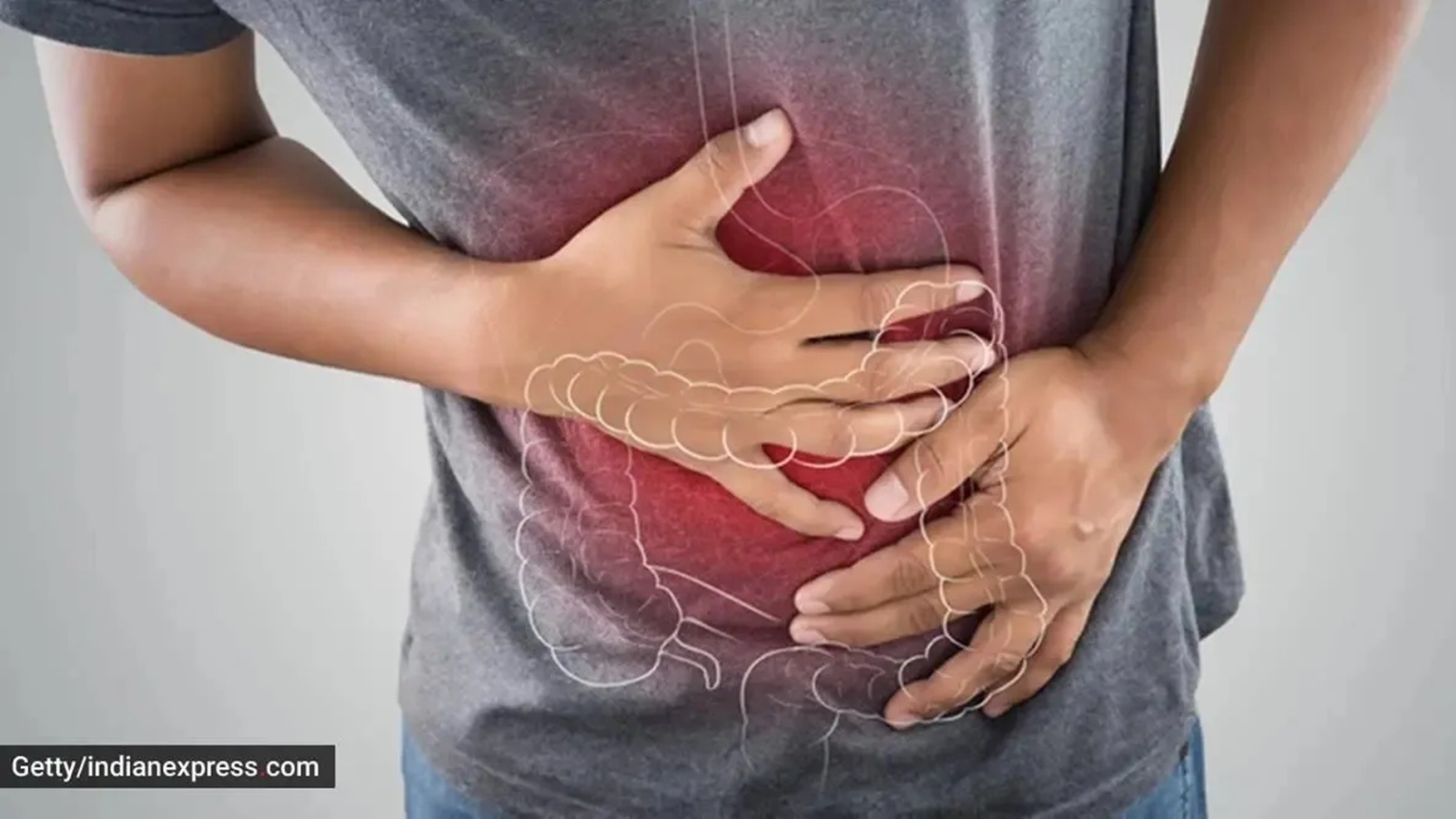Feeling the need to poop immediately after a meal is more common than you might think, but is it normal?
According to Dr Nishant Singh, Senior Consultant in the Department of Internal Medicine at Yatharth Super Speciality Hospital, Noida Extension, this urge often stems from the gastrocolic reflex.
This is a natural bodily response where the stomach signals the colon to make space for new food. However, if this happens frequently or disrupts daily life, it could indicate other underlying causes.
Why does it happen?
- Stress & Anxiety: “The gut-brain connection plays a huge role in digestion, making some people more susceptible to sudden bathroom trips during stressful times,” explains Dr Singh.
- Gastrocolic Reflex: A normal reflex that stimulates bowel movement after eating, particularly after larger or high-fat meals.
- Food Intolerances: Certain foods like dairy, gluten, or spicy dishes can irritate the digestive system. While fibre is beneficial for digestion, excessive intake can accelerate bowel movements. “Some individuals may also experience discomfort when following a modified diet,” notes Dr Singh.
- Caffeine & Sugar Intake: Both act as natural laxatives, potentially triggering bowel movements.
 Occasional post-meal bowel movements are usually not a cause for concern (file)
Occasional post-meal bowel movements are usually not a cause for concern (file)
Who is more susceptible?
Dr Singh points out that people with sensitive digestive systems, those prone to excessive stress and anxiety, individuals with gut conditions like Irritable Bowel Syndrome (IBS), and those working night shifts are more likely to experience this issue. Additionally, people consuming high-fiber diets or large amounts of caffeine might notice this pattern more frequently.
Should you be concerned?
Occasional post-meal bowel movements are usually not a cause for concern. However, Dr Singh advises seeking medical attention if you experience:
- Persistent diarrhoea
- Abdominal pain
- Unexplained weight loss
- Blood in stool
These symptoms could indicate more serious digestive issues that require medical evaluation.
How to get it under control
- Eat Balanced Meals: Opt for a mix of lean proteins, healthy fats, and moderate fiber.
- FODMAP Diet: “Following a FODMAP diet can help manage bowel movements by easing digestive discomfort,” recommends Dr. Singh.
- Identify Trigger Foods: Keeping a food diary can help pinpoint dietary triggers.
- Manage Stress: Incorporate mindfulness, deep breathing, or light exercises into your routine.
- Limit Caffeine & Sugar: Reducing intake of coffee, tea, and processed foods can help regulate digestion.
- Stay Hydrated: Drinking adequate water while avoiding excessive fluids during meals is key.
- Probiotics: Including yogurt, kefir, or fermented foods in your diet supports gut health.
Listening to your body is essential. While this habit may simply be part of your natural rhythm, persistent discomfort should be discussed with a healthcare professional.
Story continues below this ad
DISCLAIMER: This article is based on information from the public domain and/or the experts we spoke to. Always consult your health practitioner before starting any routine.


